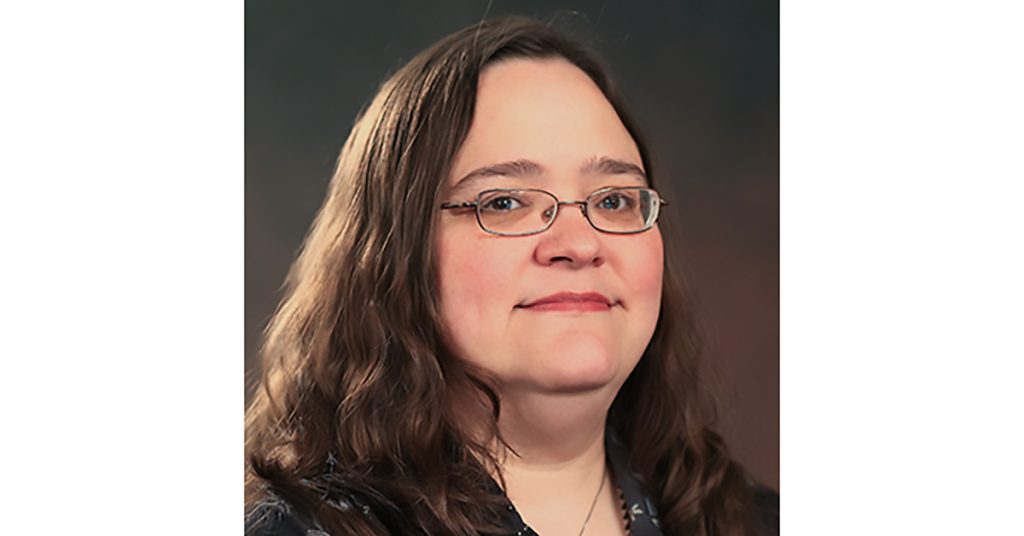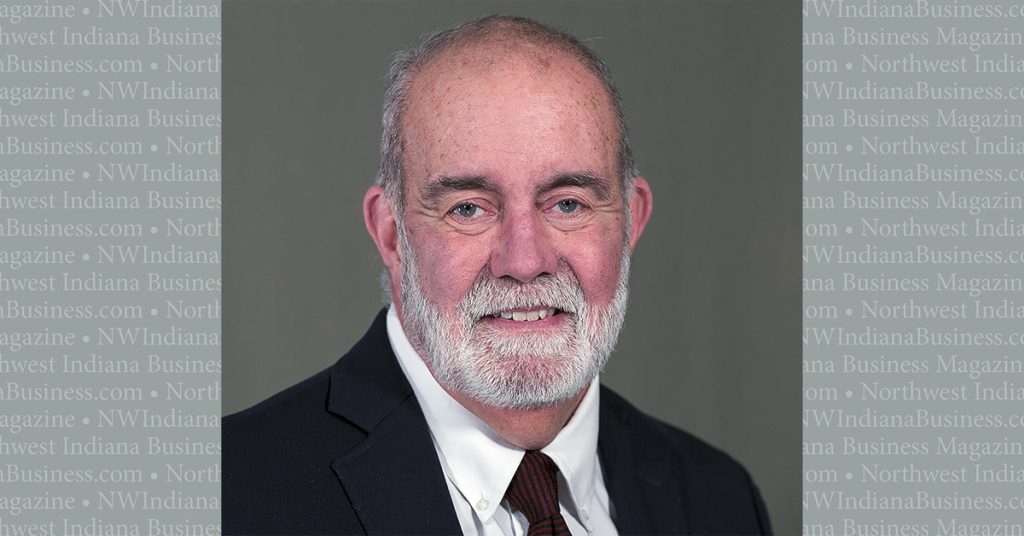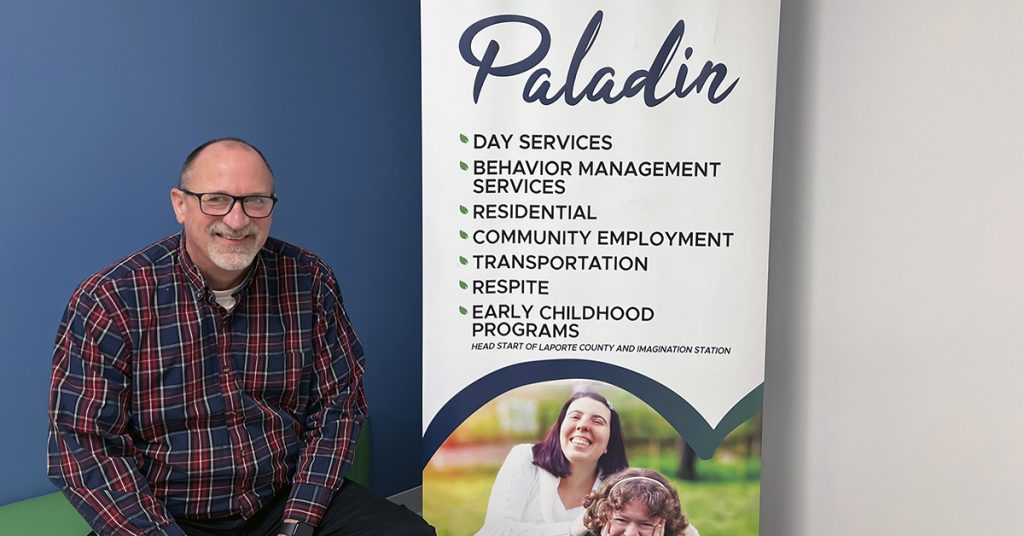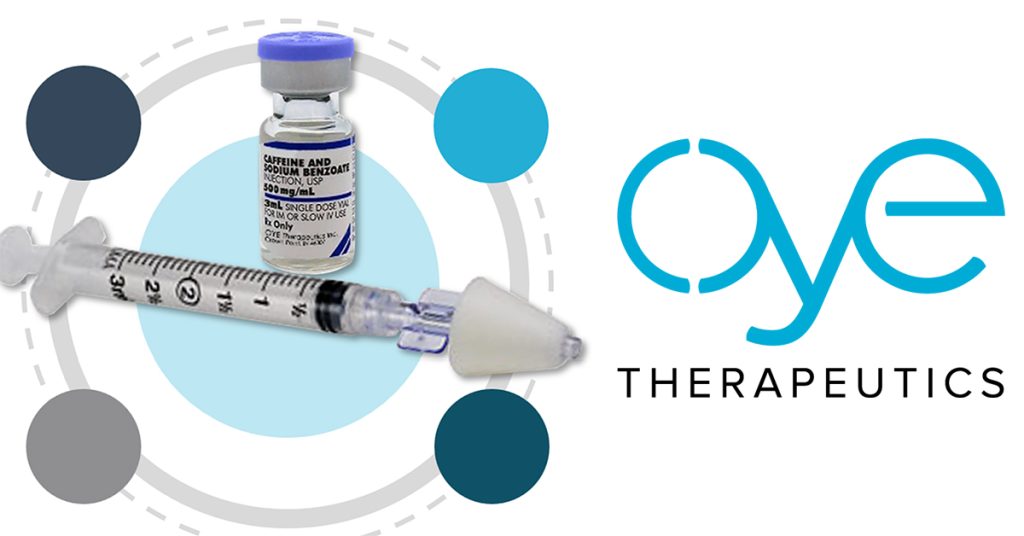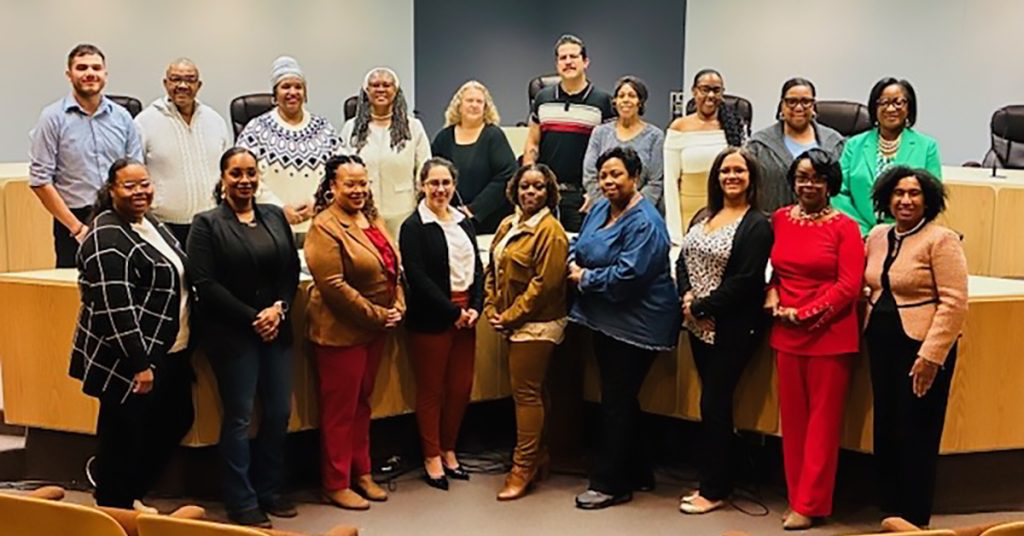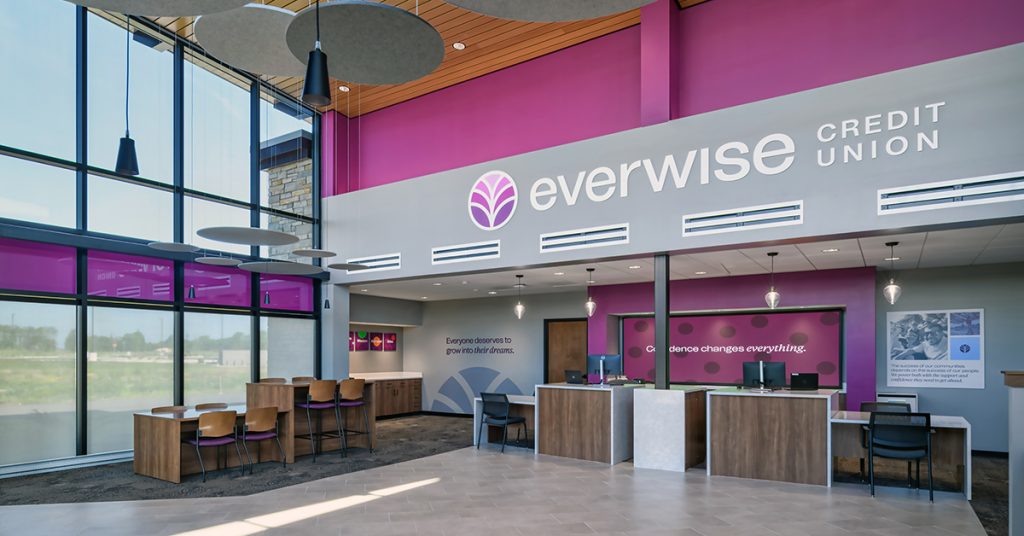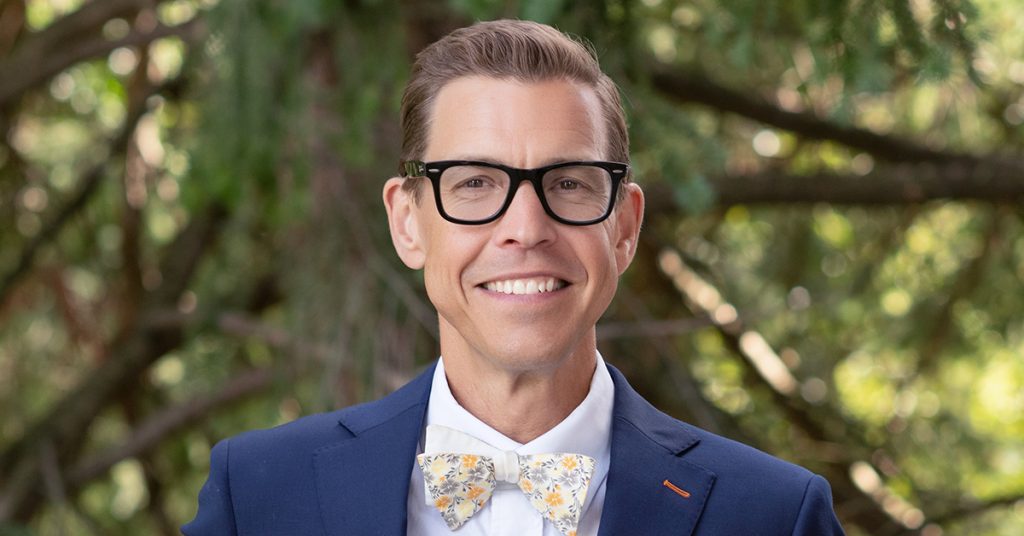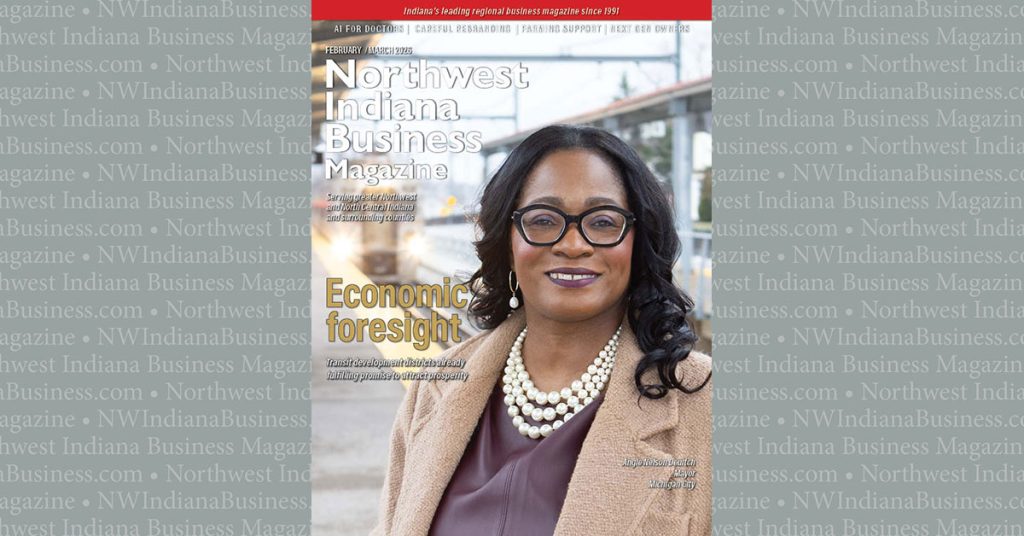
Corporations show they care with more thoughtful programing, benefits
Employee wellness is no longer an afterthought. It’s a priority integrated into the fabric of many organizational cultures. However, wellness programming offered by Region employers might look different than in years past.
58%The percentage of employees who feel comfortable discussing mental health concerns at work, according to the National Alliance on Mental Illness.
Erin Swinson, clinical supervisor and therapist at Clarity Clinic NWI, said mindfulness practices have entered the mainstream. It was about a dozen years ago that she personally encountered the life-changing power of mindfulness. She was hooked and started to integrate some of the foundational elements into her client sessions.
“(Inspired by that experience), I started training more in it,” Swinson said. “I did an internship at Purdue and then started teaching some of these eight-week mindfulness courses. I’ve been teaching that for about 10 years. We do them (on site), but I’ve also done (them) at schools and corporations.”
Swinson said, generally speaking, employees have reported feeling less alone and less isolated. They also feel a sense of community with their cohorts after completing the course.
Swinson said the classes are an example of the departure from a narrower definition of wellness. No longer do walking programs or gym memberships alone cut it. In her estimation, corporate wellness needs to be broader to cater to the whole person.
Employers have taken this message to heart.
“There was a time when talking about mental health was very taboo,” she said. “I think that that (ties back) to that isolation and alone feeling in which people who may have been struggling didn’t feel comfortable (speaking up).”
From a corporate standpoint, many are giving people the space to talk about their feelings without it being a negative thing.”
The thought of losing a job or the negative stigma about mental health are big reasons not to seek help, she said. But attitudes are changing.
“I think, from a corporate standpoint, many are giving people the space to talk about their feelings without it being a negative thing,” she said. “So, I think that the stigma has been reduced, which I think is huge.”
Cultivating healthy habits
Organizations are also reaping the rewards of their investments, Swinson said.
She points to data that indicates that, after eight weeks, most people report reduced symptoms of depression, anxiety and burnout. This translates to outcomes like a reduction in alcohol consumption because workers are replacing this “maladaptive response” with a healthy habit.
Still, there’s room for improvement on the national stage.
According to the National Alliance on Mental Illness’ 2024 Workplace Mental Health Poll, about three-fourths of full-time employees in the U.S. said it is appropriate to discuss mental health concerns at work. However, only 58% said they feel comfortable doing so. Seventy percent of senior-level employees admit they don’t feel prepared enough to talk to their teams about mental health.
Mental health challenges can manifest as physical symptoms, which can result in lost productivity and significant lost revenue.
Health care organizations often treat the physical manifestations of untreated mental health conditions.
Franciscan Health is among them, but officials also are working to change that paradigm with a preventative approach. Specifically, WorkingWell bridges the gap between employers and their workforce’s needs with population health management solutions.
Changing health landscape
Tim Ross, director of employer solutions at Franciscan Health, said his organization was ahead of its time when it introduced WorkingWell. Franciscan first introduced the program in June 2005 as a regional initiative. Since then, it’s grown to almost 20 locations in greater Northwest Indiana.
The growth isn’t limited to WorkingWell’s physical footprint, however. According to Ross, the program has evolved alongside the clients’ interests. For instance, a nutrition expert offers grocery store tours to teach people how to make better choices. Franciscan also offers virtual yoga classes to introduce people to tools that foster the mind-body connection.
Looking back at the past 20 years, Ross said the health landscape has changed, and that’s not necessarily a good thing. According to data from the Centers for Disease Control and Prevention, the number of new cancer cases nationwide rose nearly 36.3% between 2000 and 2021. That said, Ross said plans call for Franciscan to roll out a cancer-identifying test called OneTest in 2025. It’s an AI-powered technology that can detect cancer early, helping employees take ownership of their health.
Regional employers like NiSource Inc., the parent company of the Northern Indiana Public Service Co., know that health is multi-dimensional. As of August, the natural gas and electric utility company employed 7,400 workers.
NiSource offers various benefit programs to support their workers, including a wellness day, health navigation concierge services, companywide fitness centers and programs, and a suite of paid time off programs to support work-life balance.
Benefits remain a priority for all employees of all generations, with a high value placed on programs that support a broad range of needs across all stages of life.”
The needs of the statewide workforce are dynamic, which is why NiSource makes a point to regularly re-evaluate its benefits package.
“Benefits remain a priority for all employees of all generations, with a high value placed on programs that support a broad range of needs across all stages of life,” said Melanie Berman, chief human resources officer and senior vice president of administration at NiSource. “As our workforce demographics change, NiSource continues to evolve our programs to address shifting expectations.”
She said some of those benefits might include health navigation, hybrid work schedules and retirement counseling, among others.
Health insurance plans are another variable Berman and her team study closely. In recent years, Berman said, insurers have placed a greater focus on targeted programs in support of improved health outcomes and overall well-being. For instance, Hinge Health offers digital, on-demand support for specific health conditions.
‘A culture of wellness’
Keeping workers healthy, happy and engaged is a team effort at Indiana University campuses. Healthy IU is Indiana University’s employee workplace wellness program.
“We provide services and wellness offerings for all nine IU campuses and centers around the state of Indiana,” said Samantha Schaefer, manager of the Healthy IU program. “We serve all faculty and staff, as well as spouses enrolled on IU medical plans. Our mission is to provide educational and environmental resources to foster individual well-being and support a culture of wellness in the workplace and beyond.”
The IU Northwest wellness team was assembled to encourage collaboration among university departments committed to helping the campus community achieve and maintain wellness.
According to HR Coordinator Colleen Cothran, Healthy IU’s Wellness Ambassador Coalition provides resources and education to the campus community.

“At IU Northwest, employee engagement is important,” she said. “Keeping our campus aware of opportunities to participate in Healthy IU initiatives is our Wellness Ambassador goal.”
Cothran said just as important as participation are variety and collaboration. That’s why her team is intentional and inclusive about the types of programs they offer. Outreach is one element of their success, despite the scope and scale of IU as an institution.
“We strive to have a wide representation of staff and faculty members in our Wellness Ambassador program so that not only are all campus departments represented but also physical buildings have a point of contact,” Cothran said.
When it comes to the Northwest Indiana campus, Cothran said mental health awareness is a top priority. Every August, they make resources and educational materials available that promote Wellness Month and wellness in its many forms. This year included self-care, nutrition, financial health and retirement planning.
IUN’s programming reflects the campus demographics but isn’t always an easy feat.
“Due to the size of our organization and the distance between campuses, it can be challenging at times (to cater to everyone),” Schaefer said. “While we focus on broad strategies to improve health for everyone, it’s important for us to also include personalized, hands-on efforts that directly impact individuals.”
With that in mind, Schaefer said the state college system aims to offer a variety of online and in-person programs. She said the latter is important, as many people report feelings of loneliness and a lack of what she calls “quality connections.”
The young and old alike can suffer from this epidemic; however, nutrition education is one area that seems to vary across generations.
“We see general trends in our nutrition requests,” Schaefer said. “The younger generations are more likely to request assistance with learning basics about meal planning and preparation, as well as be interested in things like fertility/pregnancy, vegan/vegetarian diets, or athletic performance/muscle building. The older generations are more likely to request topics such as nutrition for menopause, diabetes or osteoporosis.
“Weight loss, high cholesterol or digestive issues seem to cross most generations.”
Defining success
Employees tend to be more engaged when they feel like the programming speaks to their lifestyle. That’s why evaluation is a key component. Schaefer said they welcome feedback, both externally and internally,
“We ask our Wellness Ambassadors to share the top concerns and needs or if they are seeing trends,” she said. “This helps inform our program planning. We also keep an eye on current local, state and national events. We try to be one step ahead of our population needs so that resources are available when they’re needed the most.”
The university’s extensive program evaluation reveals high satisfaction rates among participants, with a notable 92% indicating they would highly recommend the programs to others. The data, collected from August 2023 to May 2024, highlights not only high registration and attendance rates but also significant positive changes in participants’ lives.
“While simple things like registration rates and show rates help us determine the supply and demand of our programs, we want to make sure there is high satisfaction, they would recommend it to others, and how they have used or plan to use the information,” Schaefer said.
Participants have reported various lifestyle and behavior changes resulting from the programs. The top four benefits cited include improved stress management, enhanced mood, increased confidence in managing personal health, and a stronger sense of support and connection with others on campus.
“Participants are not only benefiting personally but are also sharing the valuable information they gain with their colleagues, family and friends,” Schaefer said. “We see a 74% rate of participants disseminating the information, which contributes to a positive ripple effect extending beyond the individual to their workplace and household.”
These sentiments underscore the broader impact of the university’s programs, suggesting that the benefits extend into the community and potentially enhance overall well-being in various settings.
Read more stories from the current issue of Northwest Indiana Business Magazine.

